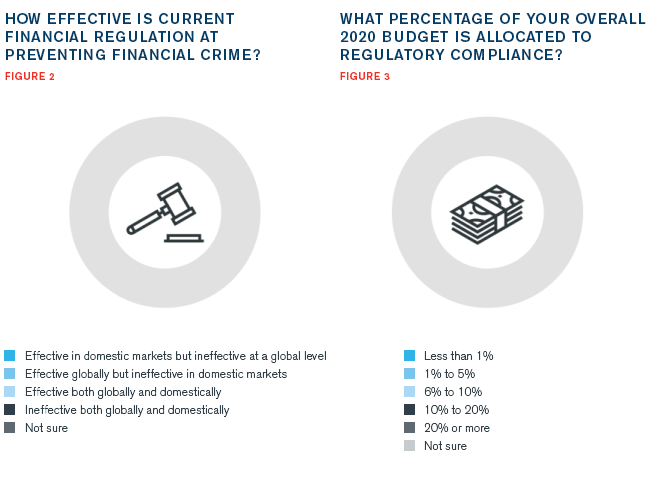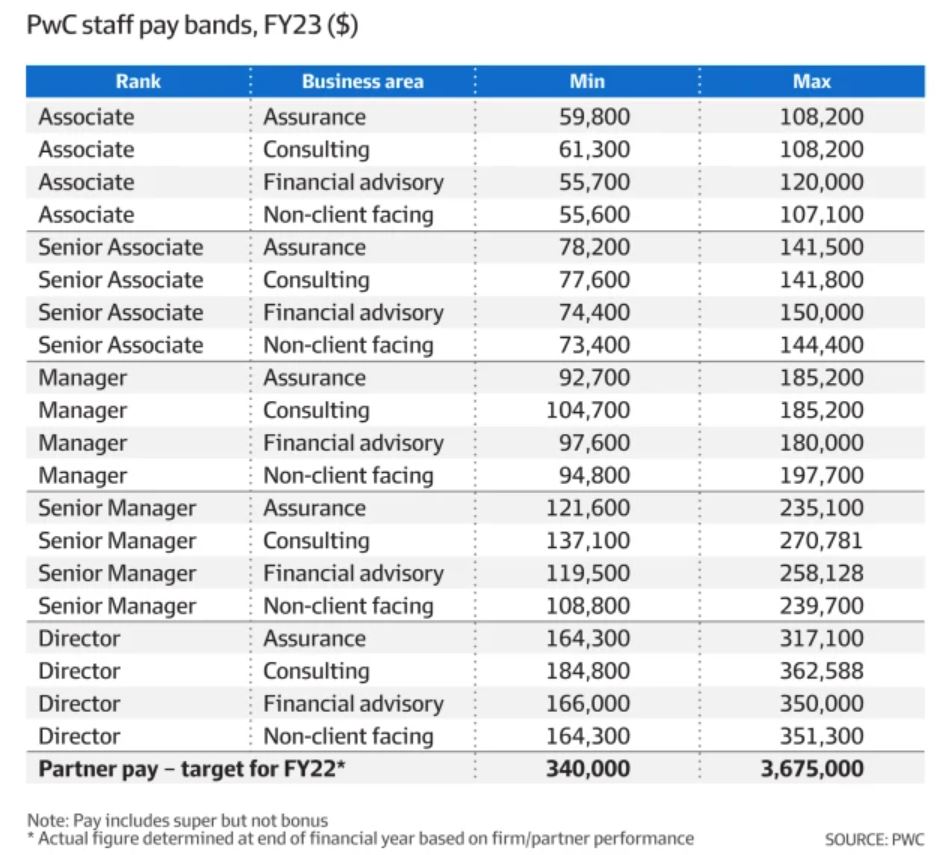
The salaries of consultants vary from one place to another. Some firms have a reputation for paying top dollar for experienced employees. Although it is possible for you to negotiate the amount of your offer but not expect a significant raise, this is unlikely. Even so, there are some things to keep in mind when negotiating for the best deal.
Base salary
You might be interested to know the average salary for a consulting career. The average annual salary ranges anywhere from US$51769 to US$149770. The salary for a senior consultant at EY is approximately US$172,465 in New York. A senior consultant at EY attends multiple training sessions and receives numerous tools and methodologies for their work.

While consulting salaries can rise quickly in the top firms, it is important that you understand that these increases often come with lifestyle changes. Consulting professionals at the most prestigious firms typically receive a 12-20% raise in pay, and are able to enjoy a more balanced work-life. Consultants in the financial services industry often receive increases of up to 30%, which can be extremely rewarding but comes with sacrifices.
Performance bonus
A performance bonus is a major part of a consulting salary. This bonus is significant and can vary depending on industry and firm. Certain bonuses are more predictable that others. The base salary is 60%, and the top-tier bonus is approximately 60%. You can expect to earn less than six thousand dollars per year if you are below this level.
If you're a recent MBA graduate, you might be tempted to start at a top consulting firm. These firms offer attractive compensation. Firms can offer up to $90,000. This is for a $190,000. You may also receive performance bonuses that can be up to five percent of your base pay.
Profit sharing
The consulting industry has enjoyed steady year-over-year increases in compensation over the past decade, as many firms have increased total compensation and perks such as profit sharing. In addition to increasing base salaries, many firms have increased signing bonuses and maximum performance bonuses. Many have also added perks such as unlimited PTO and profit sharing.

Employer level
Different types of jobs and different levels of experience will affect the range of salaries offered by various consulting firms. Deloitte, for example, has a fixed compensation structure. However it is possible to negotiate a higher salary. Ask your recruiter about salary information if you have relevant experience. You might be able negotiate for a higher sign-on bonus or base salary depending on your job role.
FAQ
What skills is required to consult?
Strong interpersonal and analytical skills are essential for consultants. This is essential because you will be working on projects that you don't know the details of. You must learn how to manage people and solve problems quickly.
Excellent communication skills are also essential. Most clients expect an answer within 24 hours. If they don't hear back from you, they assume you aren't interested. It is crucial that you keep them up to date and make sure they know what's happening.
Do I have to pay tax on consulting income
Yes. Taxes will be charged on consulting profits. This amount will depend on how much you earn each year.
If you are self employed, you can claim expenses in addition to your salary. This includes rent and childcare.
But you won't be able to deduct interest payments on loans, vehicle depreciation, or the cost of equipment.
If your annual income is less than PS10,000, you can only claim 25% back.
Even if you earn more than the threshold, you could still be taxed depending upon whether you are classified as a contractor and/or employee.
Pay as you Earn (PAYE) is the most common method of taxing employees. Contractors pay VAT.
How does consulting differ to freelancing
Freelancers, who are self-employed and provide services to clients without the need for employees, are independent contractors. They typically charge hourly rates based on time spent working on a client's project. Consultants work for companies and agencies that employ them. Consultants are typically paid either monthly or annually.
Consultants have less flexibility than freelancers because they can control their work hours, and set their own prices. Consultants have better benefits, like health insurance, vacation time, sick leave, retirement plans and etc.
What are the types of contracts available to consultants?
When consultants are hired, they sign standard employment agreements. These agreements detail the length of the consultant's contract with the client, the amount he/she is paid, and other important details.
Contracts also specify which areas of expertise the consultant will focus on and how the consultant will be compensated. The agreement might state that the consultant will conduct training sessions, workshops or webinars.
Sometimes the consultant will simply agree to complete a task within a certain timeframe.
Many consultants sign independent contractor agreements in addition to the standard employment agreements. These agreements allow the consultant not only to work for himself/herself but also provide payment.
What does it mean to be a consultant?
Consultants are people who provide services to others. It's not just a job title; it's a role where you help others achieve what they want from life. You do this by helping them understand their options and helping them make the right choices.
Consultants have the ability to solve any problems or challenges that may arise from projects. They provide advice and guidance about how to implement those solutions.
Any questions you have about business, technology and finance, leadership or strategy, human resource management, customer service, customer service, or any other topic, a consultant can answer them.
Statistics
- Over 50% of consultants get their first consulting client through a referral from their network. (consultingsuccess.com)
- On average, your program increases the sales team's performance by 33%. (consultingsuccess.com)
- According to statistics from the ONS, the UK has around 300,000 consultants, of which around 63,000 professionals work as management consultants. (consultancy.uk)
- "From there, I told them my rates were going up 25%, this is the new hourly rate, and every single one of them said 'done, fine.' (nerdwallet.com)
- My 10 years of experience and 6-step program have helped over 20 clients boost their sales by an average of 33% in 6 months. (consultingsuccess.com)
External Links
How To
What should I do to get started with a consulting business?
A consulting business is a great way of making money online. You don't have to have any business experience. Building a website is a great place to start a consulting business. After you have built a website, social media platforms such Instagram, Pinterest and LinkedIn will be useful to spread the word about your services.
These tools will allow you to create a marketing plan which includes:
-
Blog Content Creation
-
Establishing relationships (contacts).
-
Generating leads through lead generation forms
-
Selling products via ecommerce websites
After you have developed your marketing strategy, it's time to find clients willing to pay for your services. Some people prefer to go through networking groups and events, while others prefer to use online methods such as Craigslist, Kijiji, etc. Your choice is yours.
Once you have a new client, you need to discuss terms. These could be hourly fees, retainer arrangements, flat-fee contracts, or other types of fees. It is important to clearly communicate with clients before you accept them as clients.
Hourly agreements are the most commonly used contract type for consultancy service. This type of contract requires you to provide certain services at fixed rates each week or month. Based on the service you provide, you might be able to negotiate a discount based on the length of your contract. When you sign a contract, make sure you fully understand it.
The next step is to create invoices and send them to your clients. Invoicing can seem simple until you try it. There are many options for invoices to be sent to your clients. For example, some people prefer to have their invoices emailed directly to their clients, while others print hard copies and mail them. No matter which method you choose to use, it is important that it works for you.
After you've created your invoices, you can collect payments. Most people prefer PayPal because it is easy to use and offers various payment options. There are many other payment options, such as Square Cash, Square Cash and Google Wallet.
Once you are ready to start collecting payments, it is time to open bank accounts. You can track income and expenses separately by having separate savings and checking accounts. Setting up automatic transfers into your bank account is also helpful when paying bills.
Although it can seem daunting when you first start a business as a consultant, once you get the hang of it, it will become second nature. You can read our blog post to learn more about how to start a consultancy business.
You can make extra money by starting a consulting company without worrying about staff. Remote consultants don't need to be tied down by office politics or work long hours. You have more flexibility than traditional employees because you aren't tied down by work hours.